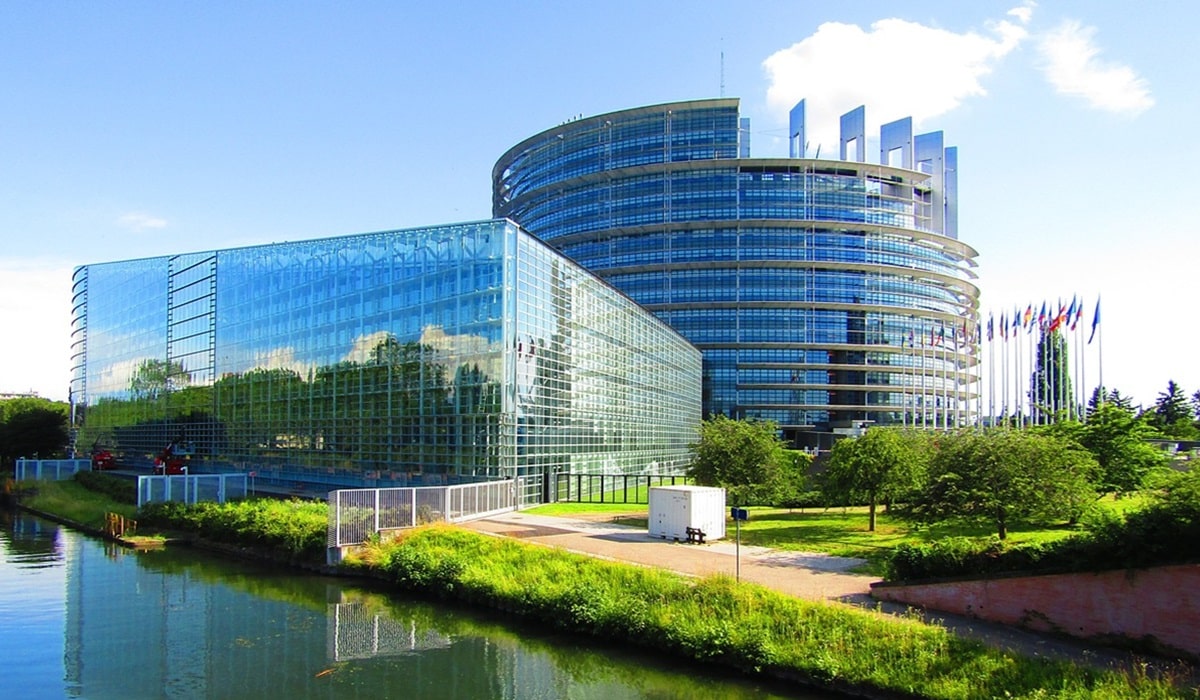European Union Council Strikes Deal to Curb Industrial Pollution
- Naomi Dela Cruz
- Climate Change
- Europe
- Trending
- November 29, 2023

In a move towards a greener future, the European Union Parliament and Council negotiators reached a provisional political agreement late Tuesday night on revising the Industrial Emission Directive (IED) and related regulations. This landmark agreement focuses on tackling air, water, and soil pollution stemming from large agro-industrial installations. These products from this industry have been associated with various health issues, including asthma, bronchitis, and cancer.
The heart of the agreement lies in the mandatory implementation of the strictest achievable emissions levels. This approach aims to prompt industrial plants to prioritize energy, water, and material efficiency and encourage using safer, less toxic, or non-toxic chemicals. The directive also sets emission and environmental performance targets to steer the industry toward environmentally friendly practices.
Acknowledging the environmental footprint of livestock farms, the co-legislators have agreed to extend IED measures to pig and poultry farms. For pig farms, the threshold is set at more than 350 livestock units (LSU), excluding those adopting extensive or organic farming practices. Poultry farms with laying hens exceeding 300 LSU and broilers exceeding 280 LSU are also included. Farms rearing pigs and poultry will fall under the directive if they exceed 380 LSU. The directive also calls for a review by the Commission by December 2026 to assess the need for further action on emissions from livestock farming, including cattle.
The negotiators underscored the importance of transparency and public participation by transforming the European Pollutant Release and Transfer Register into an EU Industrial Emissions Portal. This portal will grant citizens access to data on all EU permits and local polluting activities. E-permitting systems must be in place by 2035, further streamlining the regulatory process.
Non-compliance will not go unnoticed, as companies failing to adhere to the new regulations may face penalties of at least 3% of their annual EU turnover for the most severe infringements. Moreover, member states are obligated to empower citizens affected by non-compliance, granting them the right to claim compensation for damages to their health.
Rapporteur Radan Kanev expressed satisfaction with the outcome, emphasizing that Parliament successfully defended key points in its mandate. Kanev highlighted emissions reduction without imposing additional burdens on industries and farmers and praised the agreed-upon penalties for non-complying companies.
The deal, however, awaits adoption by the Parliament and Council. Once approved, the new law will be published in the EU Official Journal and come into force 20 days later. Member states will have 22 months to align their practices with the new directive.
This agreement marks a crucial step in the ongoing battle against industrial pollution. By setting stringent standards for emissions and expanding the scope to include diverse industries, the directive aims to usher in a new era of environmental responsibility. Emphasizing transparency, public participation, and accountability underscores the commitment to involving citizens in safeguarding the environment. As we await the formal adoption of this directive, there is a palpable sense of optimism that this collective effort will pave the way for a more sustainable and ecologically conscious industrial landscape.








